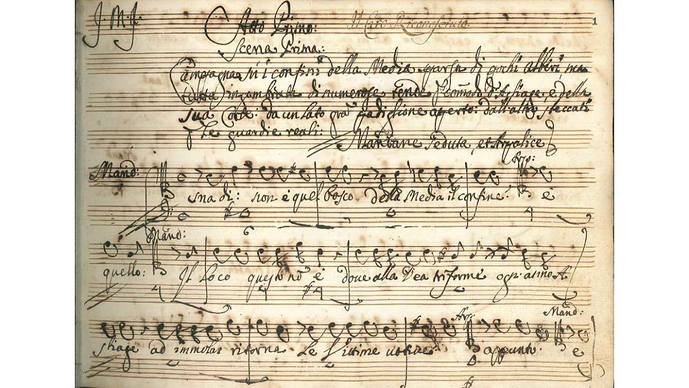Hello Kenneth
Sorry if the term “fake MQA file” misinterpreted what you meant by “pretty much what you could do at home with a FLAC converter, if MQA was in fact lossless”.
Interesting that the truncated file still lights the Mytek light. Perhaps that is a flaw with the Mytek Design. I would suggest that these details be sent to Mytek and or MQA to see if there is an answer.
You probably realize that MQA is by definition lossless and lossy. MQA claims to go back to the analog microphone feed which apparently exists in many cases, and compare that with the output of the DAC. They are usually never the same. So that means that the so called lossless digital files of the feed are not the same, so should be really classified as lossy. The digital process withing this loop is lossless–ie there is not manipulation of the digitals in normal Hi Rez. So how come the analog coming out of most DAC’s does not agree with the analog signal going in?
So what MQA does do, is change the digital inside to make the analog to analog signal agree and by definition is truly lossless. So since the digital inside is manipulated, its clearly lossy. However the analog signal that comes out to most all ears, is clearly superior. I don;t expect all ears and all systems to agree–afterall nothing in audio is in completely agreement. However MQA gives my very high resolution system the best music reproduction I have every heard. How is the SQ of MQA you have auditoned?

